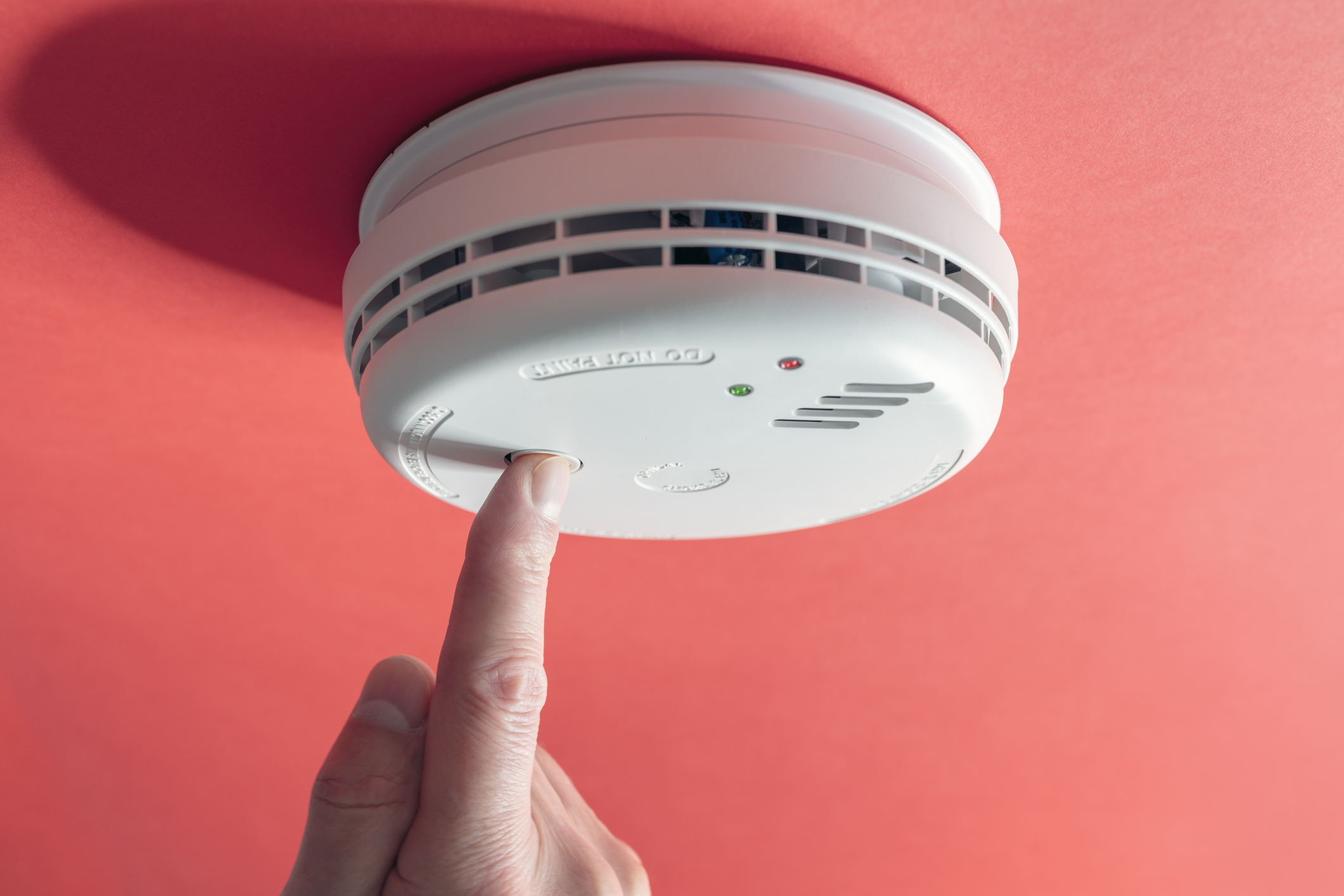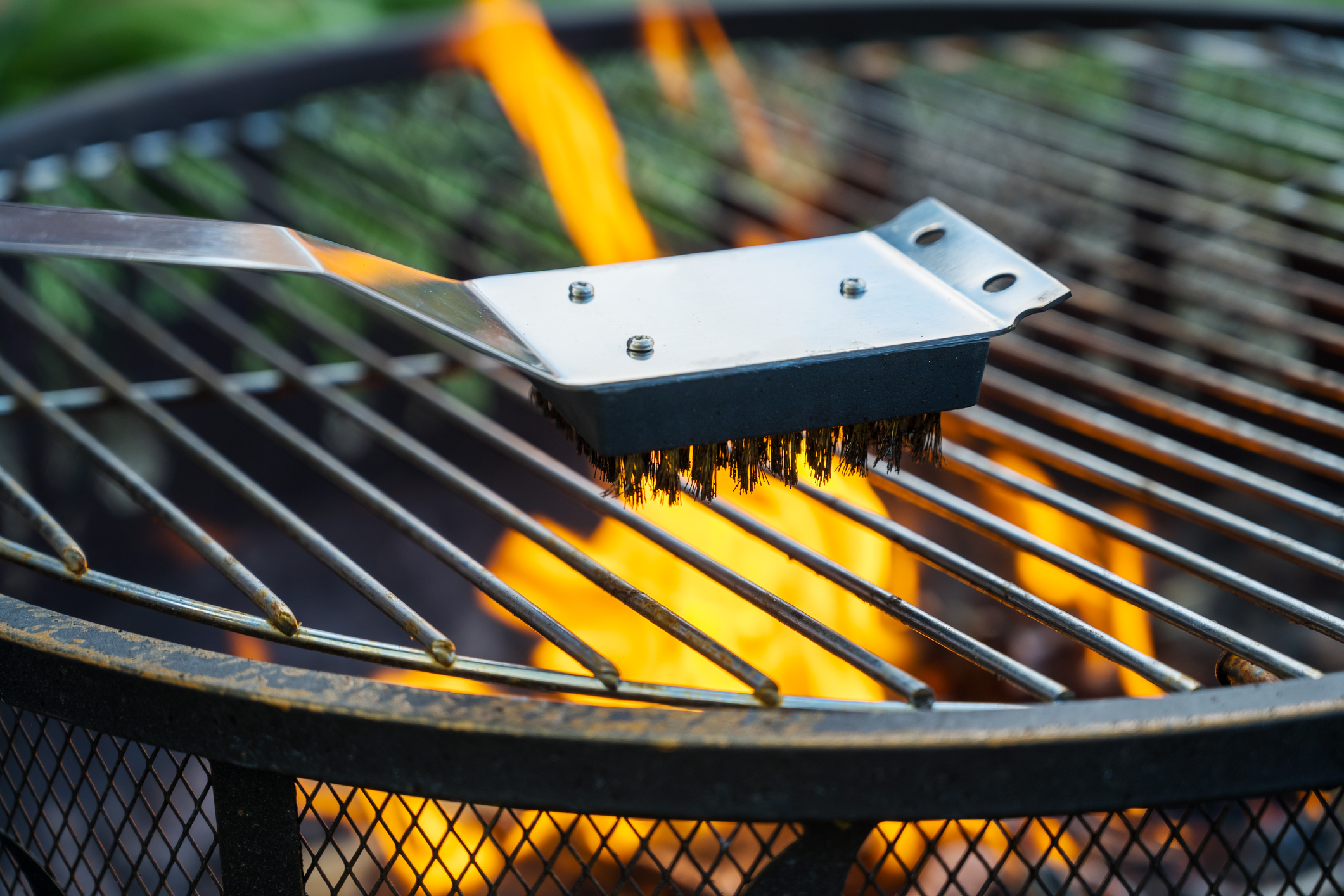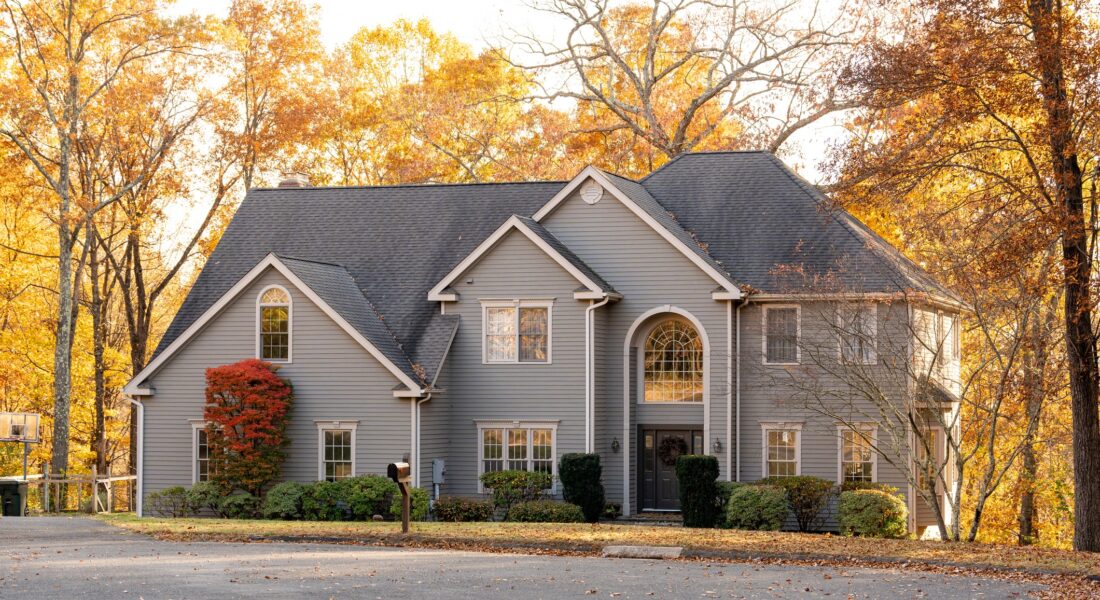As the air cools and the leaves begin to fall, homeowners start turning up the heat, lighting candles, and preparing cozy indoor spaces. Unfortunately, these seasonal comforts also increase the risk of house fires.
Fall is one of the most common times for residential fires to occur — but with a few proactive steps, you can keep your home and family safe.
Here are some essential fire prevention tips every homeowner should know before fall, from the restoration experts at 24 Hour Flood Pros.
1. Inspect Heating Systems and Fireplaces
Before you fire up your furnace or light that first cozy fire, schedule a professional inspection. Dust buildup, clogged filters, and faulty wiring in heating units are leading causes of house fires during cooler months.
- Replace furnace filters regularly and keep portable space heaters at least three feet away from anything that can burn, including curtains, bedding, and furniture.
- Never leave a space heater running unattended or overnight.
Fireplace Safety
A wood-burning fireplace adds warmth and ambiance to any home, but creosote buildup inside the chimney is a leading cause of fall and winter fires. Have your chimney inspected and cleaned at least once a year by a certified professional.
- Always use a fireplace screen to contain sparks, and never burn paper, cardboard, or other flammable materials in place of firewood.
Pro Tip: Install a carbon monoxide detector near your heating system in addition to smoke alarms — this small investment can save lives.
For more fire safety measures and prevention tips, read our guide: A Homeowner’s Guide to Fire Prevention in the New Year
2. Check Smoke Alarms and Fire Extinguishers

Smoke alarms are your first line of defense in detecting fires early. Test all alarms monthly and replace batteries every six months. Make sure there’s at least one smoke detector on each level of your home and inside every bedroom.
Also, keep at least one fire extinguisher on hand — preferably one rated for multiple types of fires (A-B-C). Review how to use it properly with every member of your household.
- Mark your calendar each fall for a “safety day” to test alarms, replace batteries, and review emergency plans.
3. Practice Safe Cooking Habits
Cooking remains the number one cause of house fires in the U.S., especially during fall and winter holidays. Never leave food unattended on the stove, and keep flammable items like dish towels, oven mitts, and paper towels away from burners.
- If a grease fire occurs, never use water to extinguish it — smother it with a lid or baking soda instead.
Pro Tip: Keep a small kitchen fire extinguisher within easy reach and know how to use it before an emergency arises.
Learn more about kitchen fires and holiday cooking safety here:
- Thanksgiving Cooking Safety: Avoiding the Most Common Kitchen Fires
- Holiday Safety 101: Tips to Prevent Fires from Decorations and Cooking
4. Be Cautious with Candles and Space Heaters
Candles and space heaters create a cozy ambiance but can quickly become fire hazards if left unattended.
- Always place candles on stable, heat-resistant surfaces and blow them out before leaving the room.
- Consider using battery-operated LED candles for the same warm glow without the fire risk, but make sure to inspect cords for frays or damage before plugging them in.
- For space heaters, keep them at least three feet away from flammable materials like curtains or bedding, and never plug them into extension cords.
5. Clean Up Outdoor Spaces

Falling leaves and dry brush around your home can fuel an accidental fire. Keep gutters, decks, and yards free of debris, and store firewood at least 30 feet away from your house.
- If you use outdoor fire pits or grills, make sure ashes are fully cooled before disposal.
Pro Tip: Create a “defensible space” by maintaining a buffer zone of trimmed vegetation and nonflammable materials around your home. This will also prevent spreading dangerously close to your home.
If you enjoy bonfires during the fall, read our guide to stay safe this season: Bonfire Safety Tips and How to Prevent Outdoor Fires from Spreading
Prepare a Fire Escape Plan
Even with the best precautions, accidents can happen. Make sure everyone in your household knows two ways out of each room, and establish a meeting point outside.
- Practice your fire drill at least once a year, ideally before winter when fire risks are highest, so everyone stays prepared and calm in an emergency.
- Keep emergency essentials — phone chargers, flashlights, and important documents — stored in a grab-and-go bag by your main exit.
Stay Safe This Fall
Fall should be a season of comfort, not crisis. Taking a few preventative steps now can protect your home, belongings, and loved ones from fire damage. At 24 Hour Flood Pros, we’re not just here for emergency restoration — we’re here to help you prevent disasters before they happen.
Stay safe, stay prepared, and enjoy a worry-free fall season. And if disaster ever strikes, we’re here to help with rapid emergency restoration and smoke damage cleanup — 24 hours a day, seven days a week.




